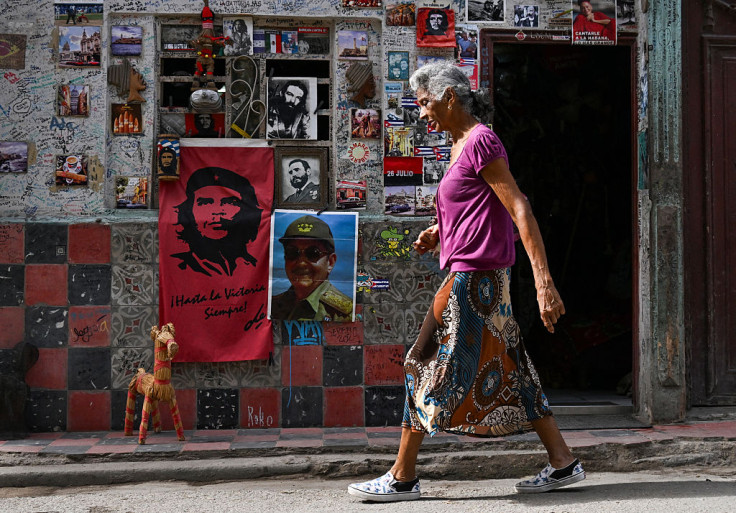
President Donald Trump signed a National Security Presidential Memorandum (NSPM) strengthening U.S. policy toward Cuba, reinstating a hardline approach that rolls back some measures enacted by the Biden administration.
The new memorandum explicitly prohibits direct or indirect financial transactions with Cuban military-controlled entities, including Grupo de Administración Empresarial S.A. (GAESA), which manages a large share of Cuba's tourism infrastructure. Exceptions are allowed only for activities that "advance U.S. policy goals or support the Cuban people," the document says.
The memorandum also enforces a statutory ban on U.S. tourism to Cuba, which has been in place but unevenly regulated According to the White House, the NSPM aims to end "economic practices that disproportionately benefit the Cuban government, military, intelligence, or security agencies at the expense of the Cuban people."
Under the new policy, authorized travel categories such as family visits, educational programs, and humanitarian projects remain, but compliance will be ensured through regular audits and "mandatory record-keeping of all travel-related transactions for at least five years."
The NSPM also reaffirms support for the U.S. embargo on Cuba and pledges to oppose any calls in international forums, including the United Nations, stating that:
"The Cuban people have long suffered under a Communist regime that suppresses their legitimate aspirations for freedom and prosperity, arbitrarily detains dissidents, and holds political prisoners in inhumane conditions"
The policy also reinstates several Trump-era positions, including Cuba's designation as a state sponsor of terrorism — a designation reversed during Biden's tenure but quickly reinstated after Trump's re-election.
The administration also made clear it will not revive the "Wet Foot, Dry Foot" policy, which once allowed Cubans arriving on U.S. soil to stay legally. That policy remains terminated.
Cuban Foreign Minister Bruno Rodríguez told BBC that the move "strengthens the aggression & economic blockade that punishes the whole Cuban people and is the main obstacle to our development."
As the BBC points out, "tourism is one of the main sources of hard currency for the Cuban government, but numbers of visitors have dwindled as shortages on the Caribbean island have become more severe and several nationwide power cuts plunged it into the dark."
© 2025 Latin Times. All rights reserved. Do not reproduce without permission.






